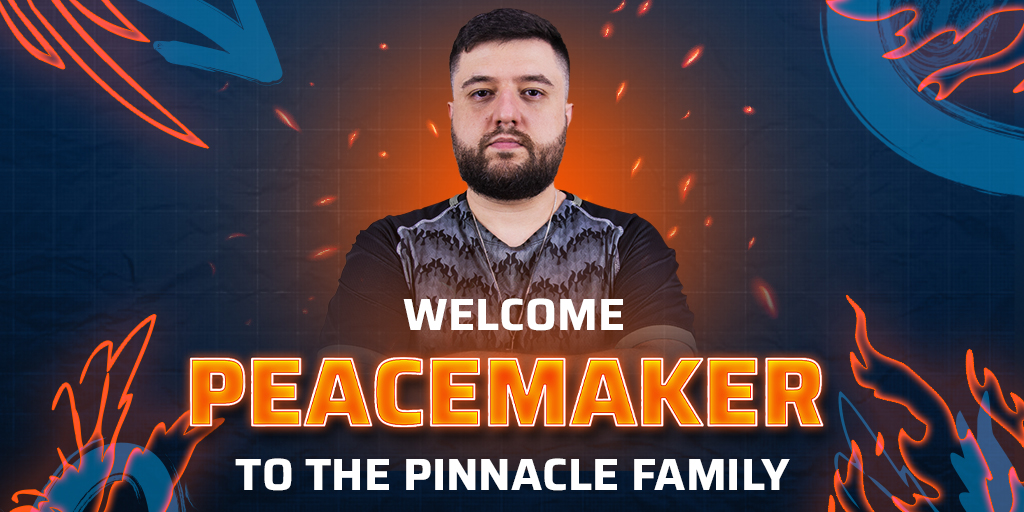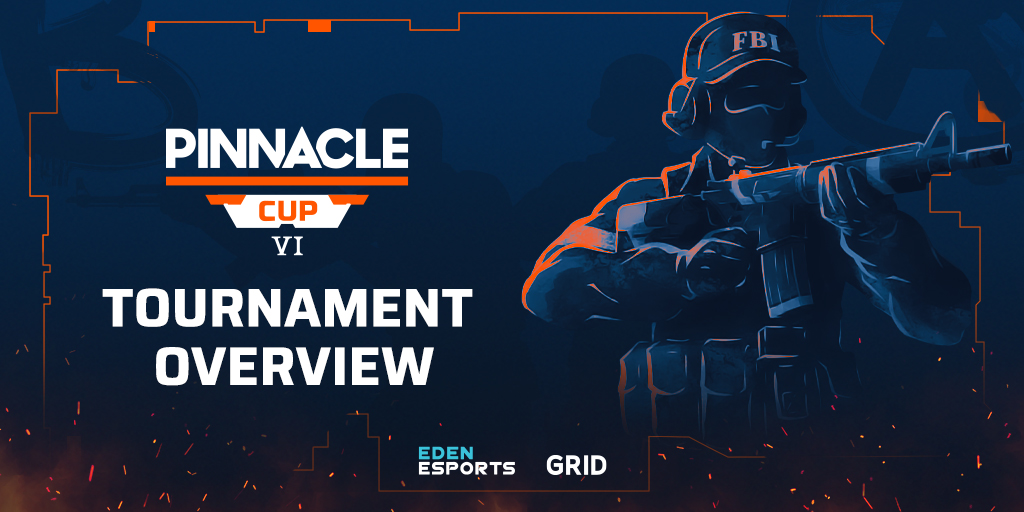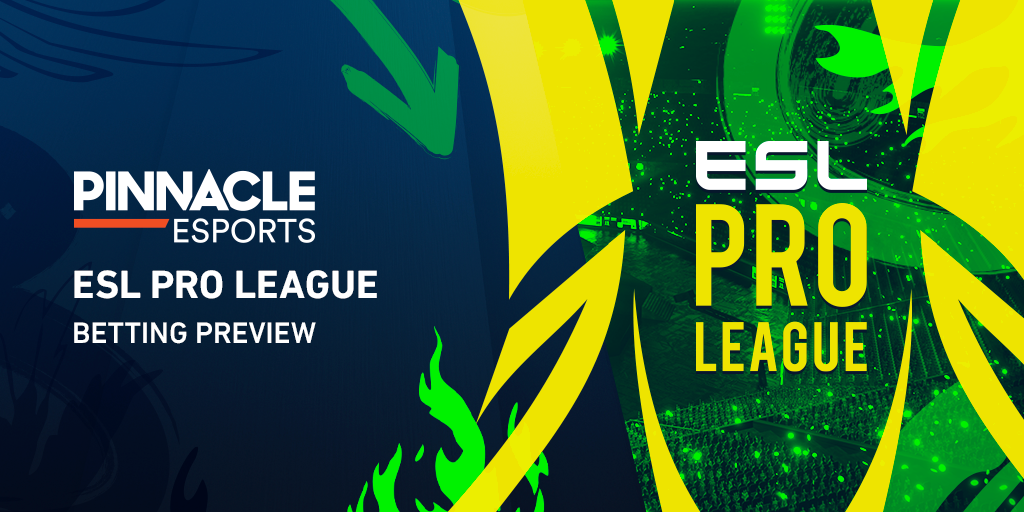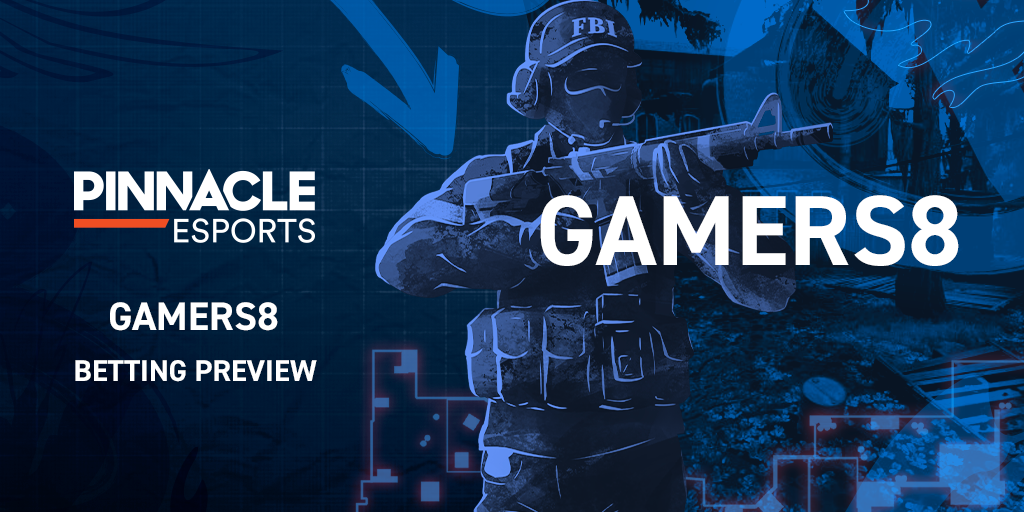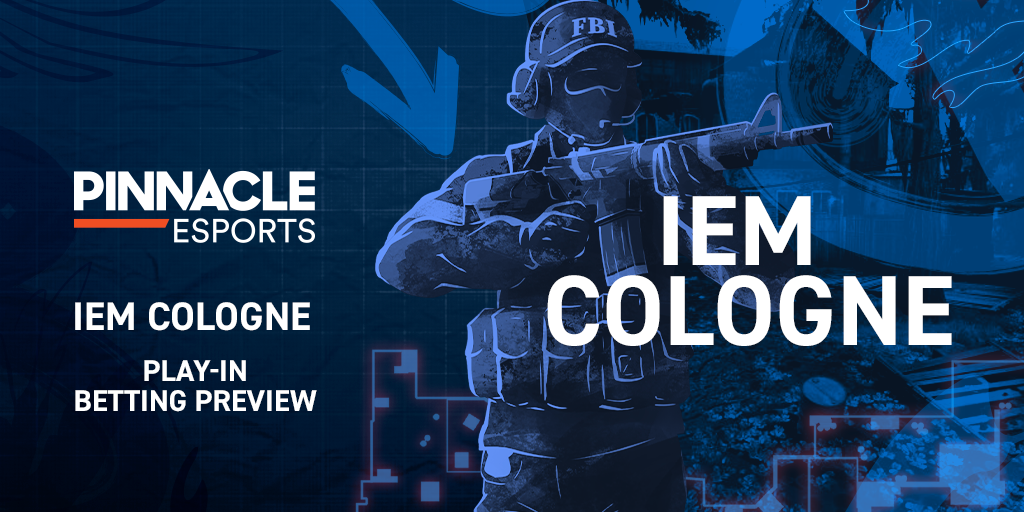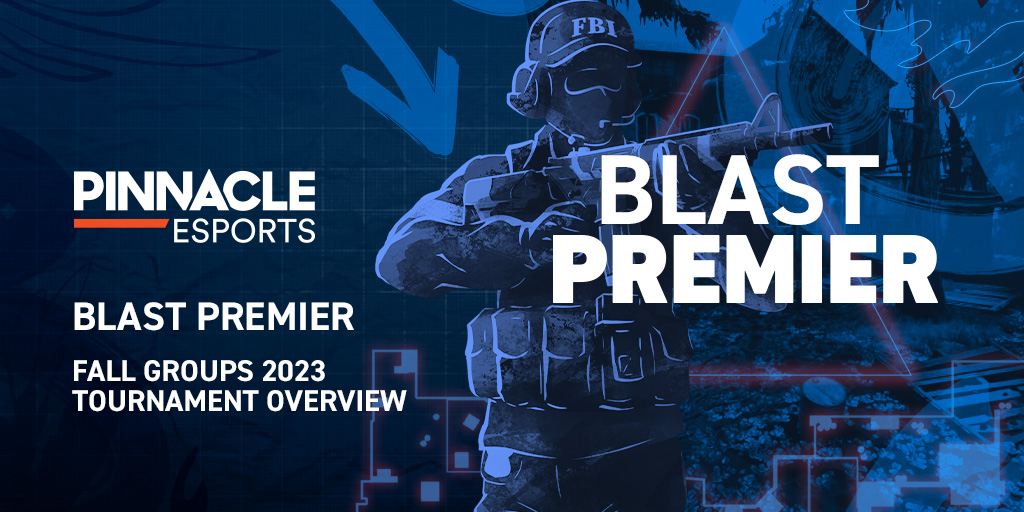Betting both on CS:GO and in general is a topic I’ve been slightly reluctant to cover and address for a while. I will start off by saying that you should always think any bet through and bet responsibly if it is an activity that you enjoy.
For the sake of argument, I want to talk about the ways in which professional expertise could be helpful if one were to engage in betting. What kind of knowledge or thought processes would you use to lean towards one team or another? I’ll also cover the possible limits of any expertise in guessing the future and the danger of developing a false sense of security.
Understanding mind-sets
First and foremost, the greatest and most powerful card that an expert has in their deck is their ability to identify with the players, and get as close as possible to their probable mind-set going into an official game. A game of Counter-Strike is more than just five players going up against five others, whereby the “objectively” better team is supposed to win.
A very recurrent metric through which analysts discuss games is how both players’ styles size up against each other.
Any official game happens in a context which can and will have a different impact on both teams. Under the relatively broad concept of “context”, I include the very recent results of both teams, their current rank and status and the expectations that come with it in regards to the tournament at hand, their previous matches and occasional rivalries and the phase in which the event is currently at.
To give you an example using the Swiss format, I consider the chances of a challenger to upset a favourite to be much higher in a probable 2:0 round compared to the 2:2 round where everyone’s back is against the wall and the pressure is maximal.
This is because in this scenario, I value the experience of the favoured team very highly in helping them display the best version of themselves when the stakes are high, which is usually more difficult for rookie teams.
- Read more from Maniac: The impact of fatigue on performance
Another example would be domestic rivalries, or recurrent encounters between two specific teams, which create a microenvironment in which the objective data has to be taken with a pinch of salt. The best illustration of this principle would be the uncanny ability of Dignitas to still challenge Fnatic when objectively, the two teams don’t play on the same level anymore. The experience and the psychological aftershock of such a rivalry make it a different kind of game.
My expertise, both as a former player and now a broadcast talent for some years, helps me decipher and understand the underestimated factors that will have an impact on the teams’ performances.
Knowledge of playstyles
Another more concrete asset that an expert would have at their disposal would obviously be the knowledge of the teams’ playstyle and how they match up against each other. For instance, when you think about tennis, a very recurrent metric through which analysts discuss games is how both players’ styles size up against each other.
A game of Counter-Strike is more than just five players going up against five others, whereby the “objectively” better team is supposed to win.
In my humble opinion, this is an underrated factor in the overall analysis of top level CS:GO. There are different ways to approach the maps, whether it be on the T or on the CT side, and teams vary greatly on different dimensions such as passiveness vs. aggressiveness, individualism vs. team play and organised playstyle vs. chaotic movements.
Any team has preferences as to the style they prefer to play against. For example, when I was still active, I clearly remember my teams generally did better against slow-paced, organised and tactical opponents. By contrast, teams that would play a more liberal and electric style of Counter-Strike would put us in very uncomfortable positions.
- Read: What makes a good IGL?
This is a prism through which one can gain a lot of insights when considering official games. An expert knows how to push their analysis beyond the simple valuation of a team’s form or actual shape and knows how to mentally play out the game in their mind to try to predict whose style should prevail.
The limits in expertise
Finally, it is absolutely crucial to understand that one can never completely predict the outcome of a game with or without professional expertise. That’s the beauty of our game! No amount of data, experience or hunches can precisely seize the form that a team will bring to the table at a distinct moment.
An underperforming team can ride a high wave and completely destroy a favourite, while a championship-winning roster can miss the mark and get steamrolled by a fearless opponent for whom all risks are paying off huge dividends. We never really get the full picture to value a team’s form and some elements will never meet the eyes of an external observer.
Even if we could theoretically have all possible information available at hand before the game, millimetres and milliseconds sometimes decide their fate and can trigger snowball-type reactions that are impossible to foresee. I never completely know what to expect of a game, and that’s why I’ve been passionate about it for the last twenty years.


